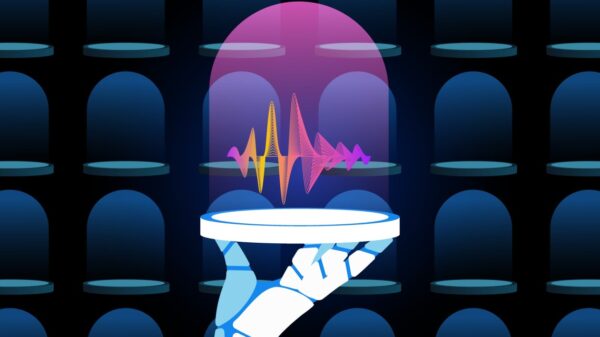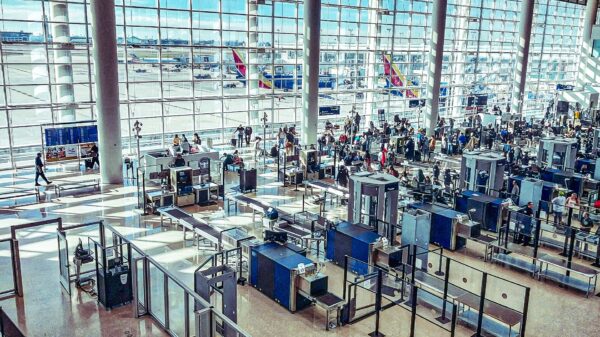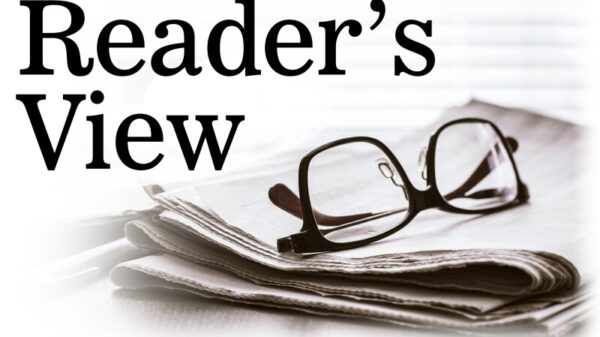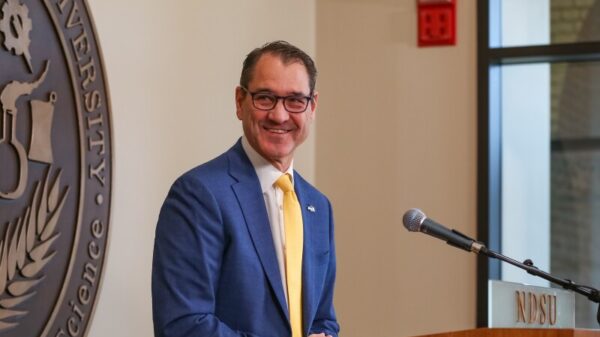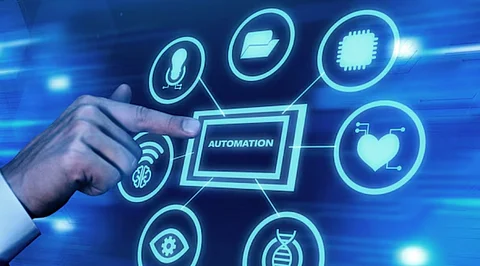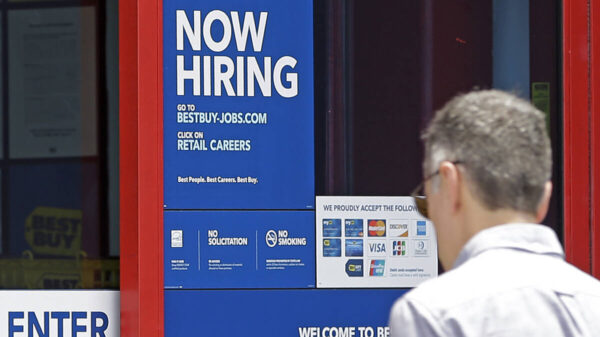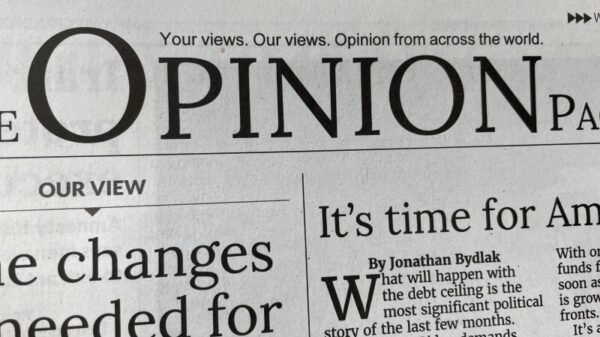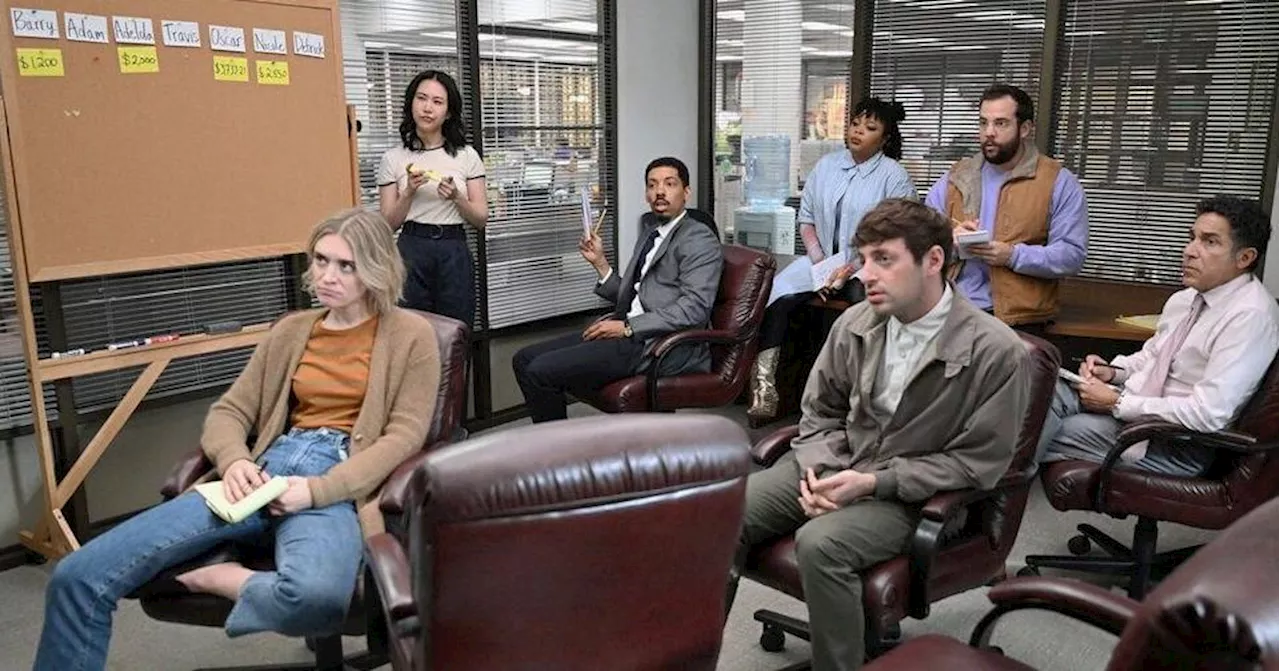The rise of artificial intelligence (AI) presents significant challenges to the integrity of historical narratives. Concerns are growing over the potential for AI technologies, particularly deepfakes and opaque algorithms, to distort our understanding of history. As these tools become more sophisticated, they threaten to reshape how society perceives its past, leading to unreliable narratives and implications for various sectors.
The emergence of deepfake technology has already demonstrated its capacity to alter perceptions. This form of AI-generated media can create hyper-realistic images and videos that misrepresent events or statements, undermining public trust. According to a report from the Centre for Digital Democracy, the proliferation of such content can mislead viewers and contribute to a culture of disinformation. The implications are particularly concerning in an age where misinformation can spread rapidly through social media platforms.
Academic and Employment Consequences
The impact of AI extends beyond misinformation, posing risks to educational institutions and the job market. A study conducted by the World Economic Forum in January 2024 highlighted that AI tools could lead to a decline in critical thinking and analytical skills among students. As educational institutions increasingly rely on AI for teaching, the risk of producing graduates who may not engage deeply with historical facts grows. This shift could result in a generation less equipped to question narratives or seek out reliable sources.
Job losses in sectors reliant on historical accuracy are another significant concern. According to a report by the International Labour Organization, automation and AI could displace over 85 million jobs globally by 2025. Professions in journalism, research, and education may be particularly vulnerable as AI systems streamline processes that traditionally required human insight. The potential for reduced employment opportunities further complicates the societal implications of AI’s integration.
Future of Historical Understanding
As AI technologies evolve, the need for robust frameworks to ensure historical accuracy and integrity becomes critical. Experts emphasize the importance of transparency in algorithms and the necessity for regulations that govern the use of AI in content creation. Strong ethical guidelines must be established to mitigate the risks posed by deepfakes and ensure that historical narratives remain trustworthy.
In response to these challenges, academic institutions and policymakers are urged to collaborate. Initiatives aimed at fostering digital literacy among students and the public can empower individuals to critically assess the information they encounter. By enhancing understanding of AI’s capabilities and limitations, society can better navigate the complexities of historical representation in the digital age.
The stakes are high as AI continues to influence various aspects of life. The consequences of unchecked technological advancement can lead to a distorted perception of history, affecting everything from education to employment. Addressing these challenges requires a concerted effort to safeguard the integrity of our collective past while embracing the benefits that innovation brings.



